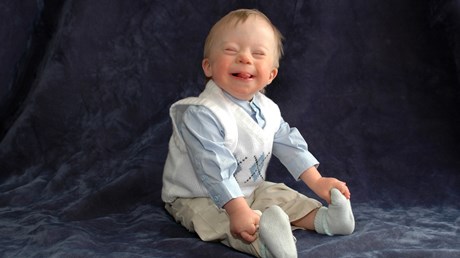It didn’t look at all like I thought it did.

For the majority of my theologically trained life, my ideas of what it meant to bear the image of God were quite conventional—easy inheritances from systematic theologies or books. We can love because God is love. We have the capability to reason; God is the one in whom no irrationality is found. Our personhood originates in God’s being a person. We exercise will; God is volitional. We’re creative; our God is the Prime Creator. We are creatures of language; God is Logos, the God who speaks.
Our most foundational doctrines are often the ones we build most shabbily on. But the basics were there. That we are made in the image of God is the doctrinal tenet by which Christians understand what it means to be human. Marshaling the claim from Genesis 1:27 that “God created mankind in his own image, in the image of God he created them,” supported by the weight of the New Testament (see 1 Cor. 11:7, Eph. 4:24, James 3:9), Christ followers maintain that every person bears the imago Dei.
Then I met my son Augustus, who was born with Down syndrome. Gus overturned the assumptions of my theology.
Looking at versus Looking Along
Until then, to my mind, intelligence, rationality, and language were measured against a standard of competency. Those most capable of demonstrating these characteristics best bore the image of God.
But Gus, with his protruding tongue, floppy frame, and inarticulate attempts to speak, posed new questions. What about those who would never reason or speak at an exemplary level? How do people with Down syndrome—how would my boy—carry the imago Dei? Looking at the image of God solely through the steely eyes of doctrine had left me with a sort of astigmatism. Life had now offered me ...
from
http://feeds.christianitytoday.com/~r/christianitytoday/ctmag/~3/QlLh4O95O30/down-syndrome-imago-dei.html
No comments:
Post a Comment